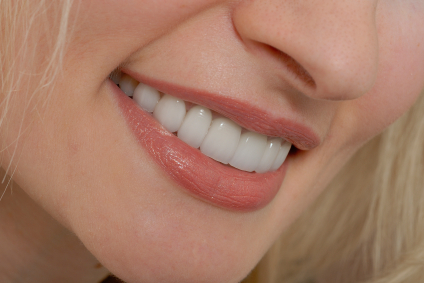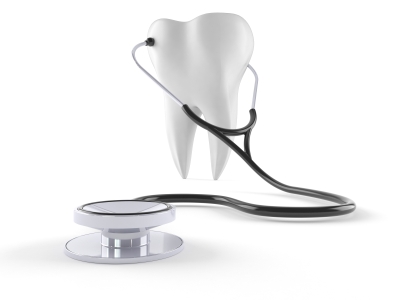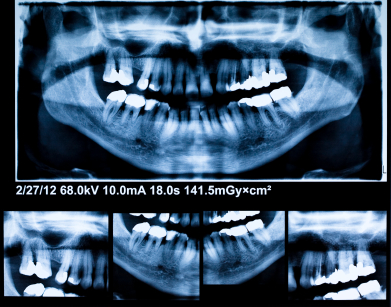Having sensitive teeth can mean experiencing pain and sharp stinging when eating or drinking anything excessively hot, cold or acidic. Sensitivity can be caused from receding gums, the wearing down of your enamel (from acidic foods or brushing too hard), and having cavities. It is also known to be a common symptom felt during pregnancy, particularly in the early stages. Continue reading for more information on why teeth can be sensitive when pregnant.
Oral health is important as you grow older, and especially during pregnancy. Experiencing sensitivity is likely due to changes in your hormonal balances, as well as increased blood flow throughout your body. You may find it difficult to eat even the softest of foods. Some doctors recommend using toothpastes geared towards those with tooth sensitivity, such as Sensodyne. It may also be beneficial to see a dentist if this pain and discomfort lasts.
Try using TalkLocal to locate a dentist near you. TalkLocal is a free service that will connect you with top-quality, reputable dentists in your neighborhood, within minutes. All you need to do is enter in your specific problems/symptoms, location and availability and TalkLocal will contact multiple specialists who will then call you directly, ready to help. Save time, stress and pain from searching through phonebooks and directories for the right, most affordable dentist, and let TalkLocal find one for you!














